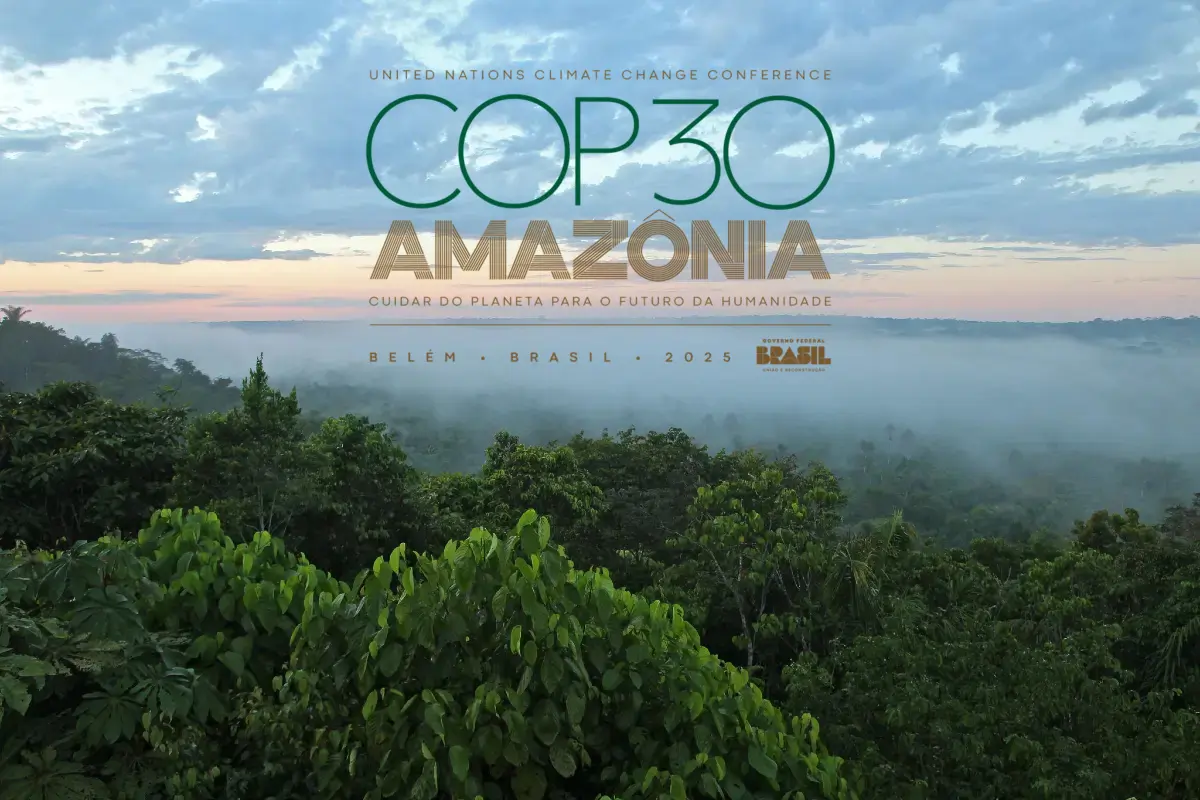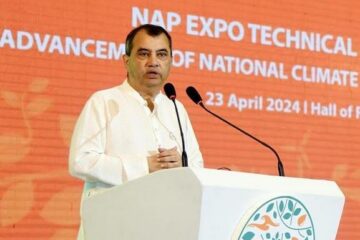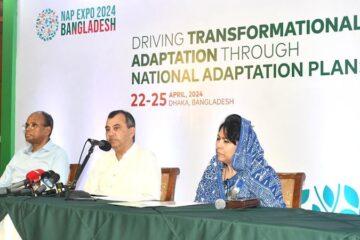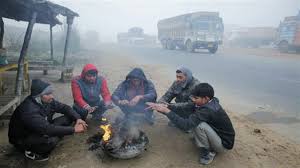China, India, and Saudi Arabia rejected a COP30 dialogue on an upcoming UN review of climate plans, which is widely expected to show that the world is not on track to limit global warming to agreed-upon levels.
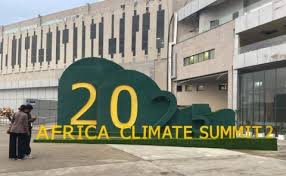
Online BD Runner:
Governments drew their battle lines this week over how COP30 should respond to an expected shortfall in ambition in countries’ national climate plans, raising the prospect of a fight at the UN summit in Belém.
Countries are divided over the need for the COP30 talks to formally discuss an upcoming UN review of newly announced targets to cut greenhouse gas emissions. That ‘synthesis report’ is widely expected to show that the world is not on track to limit global warming in line with the temperature goals of the Paris Agreement.
The clash of views became public for the first time on Thursday as Brazil’s COP30 president, André Corrêa do Lago, hosted a first round of informal consultations with delegations in a bid to avert procedural arguments over the agenda, which would have delayed the start of negotiations, as has occurred in recent years.
Anticipating the row in a letter last month, the seasoned Brazilian diplomat appealed to countries on Thursday to “exercise restraint” at a time when UN climate diplomacy is facing “one of the greatest tests” ever.
Wealthy nations, least developed countries (LDCs), small island states, Latin American nations, and the United Arab Emirates spoke in favour of a COP30 decision that acknowledges the progress and remaining gaps in nationally determined contributions (NDCs) and lays out a pathway for accelerating climate action in the years ahead.
But a group of high-income emerging countries – including China, Saudi Arabia, and India – voiced strong opposition to that plan. They argued that discussions of those NDCs and the UN “synthesis report” assessing them are not on the summit’s agenda – and the only space for addressing a shortfall in ambition remains the Global Stocktake (GST).
N/M

